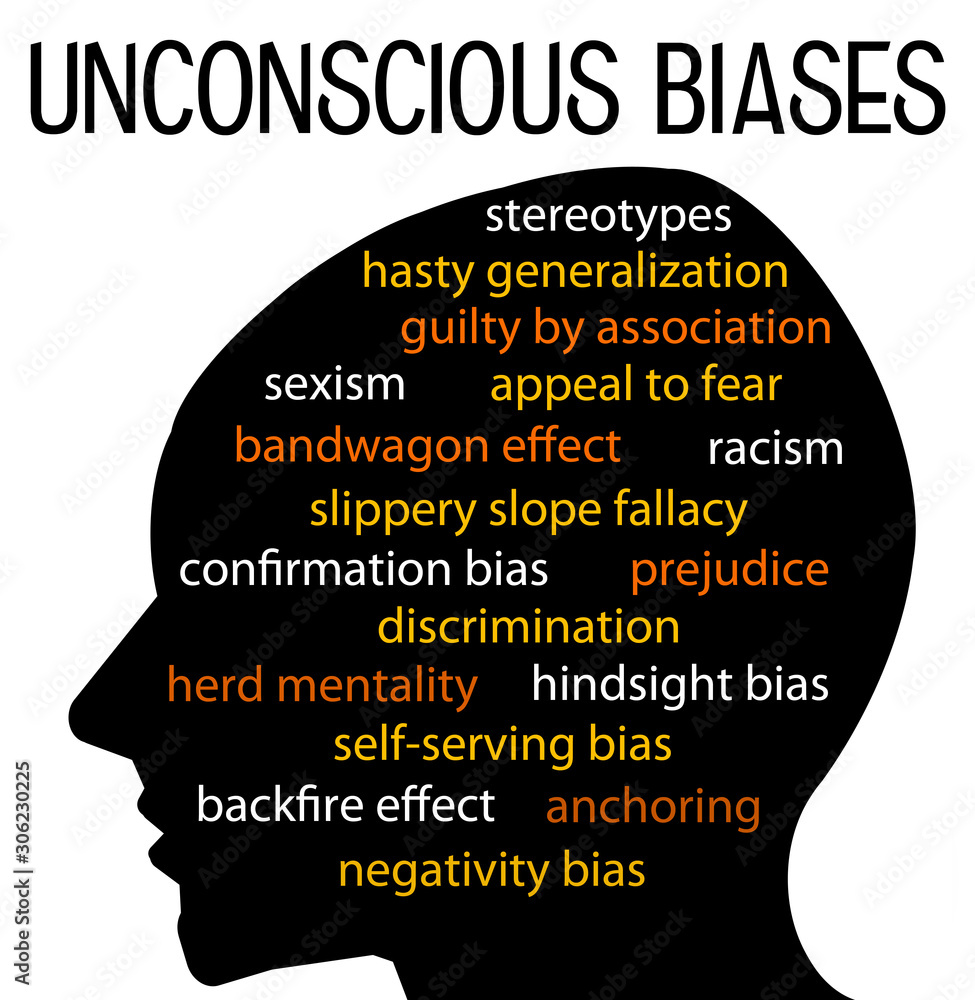
International Social Issues is an interdisciplinary course, whose aim is to equip you with knowledge and skills to understand and tackle current global challenges that affect human society on a large scale. We will scrutinise and critically analyse the local, national and global responses to the issues societies are currently facing. We’ll have vivid debates taking as starting points real-life critical incidents and case studies on three main topics divided into several relevant subtopics:
- Social injustice
- Fluidity of values
- Conflict and violence
You will have the opportunity to practise English in a risk-free environment, fundamentally different from traditional language classes. Instead of dwelling on grammar mistakes and phonology drills, we’ll focus on helping you improve your academic communication skills, such as debating and academic writing (paragraph structure, hedging, impact strategies, persuasion)
Teaching approach: experiential and discussion-based (e.g., self-reflection, case study analyses, group talks)
Focus: developing academic communication skills: debating, writing, presenting
Assessment is optional, but recommended for those of you who are doing the Fachsprachenzertifikat: reflection & analysis tasks, presentations (oral exam), essay writing (written exam)
Language of communication: English, CEF level C1
By the end of the course, you should be able to:
- Describe and interpret a range of pressing social challenges existing in global society, such as inequality, social injustice, discrimination, power and privilege, implicit bias.
- Contextualise social issues in relation to wider social trends and structures, including fluid modernity, the effects of change on values, the effects of fear, such as othering and scapegoating.
- Develop potential solutions to global social challenges.
- Debate, write and present in English with more confidence, employing several impact and persuasive strategies.
- Dozent/in: Monica Hoogstad
